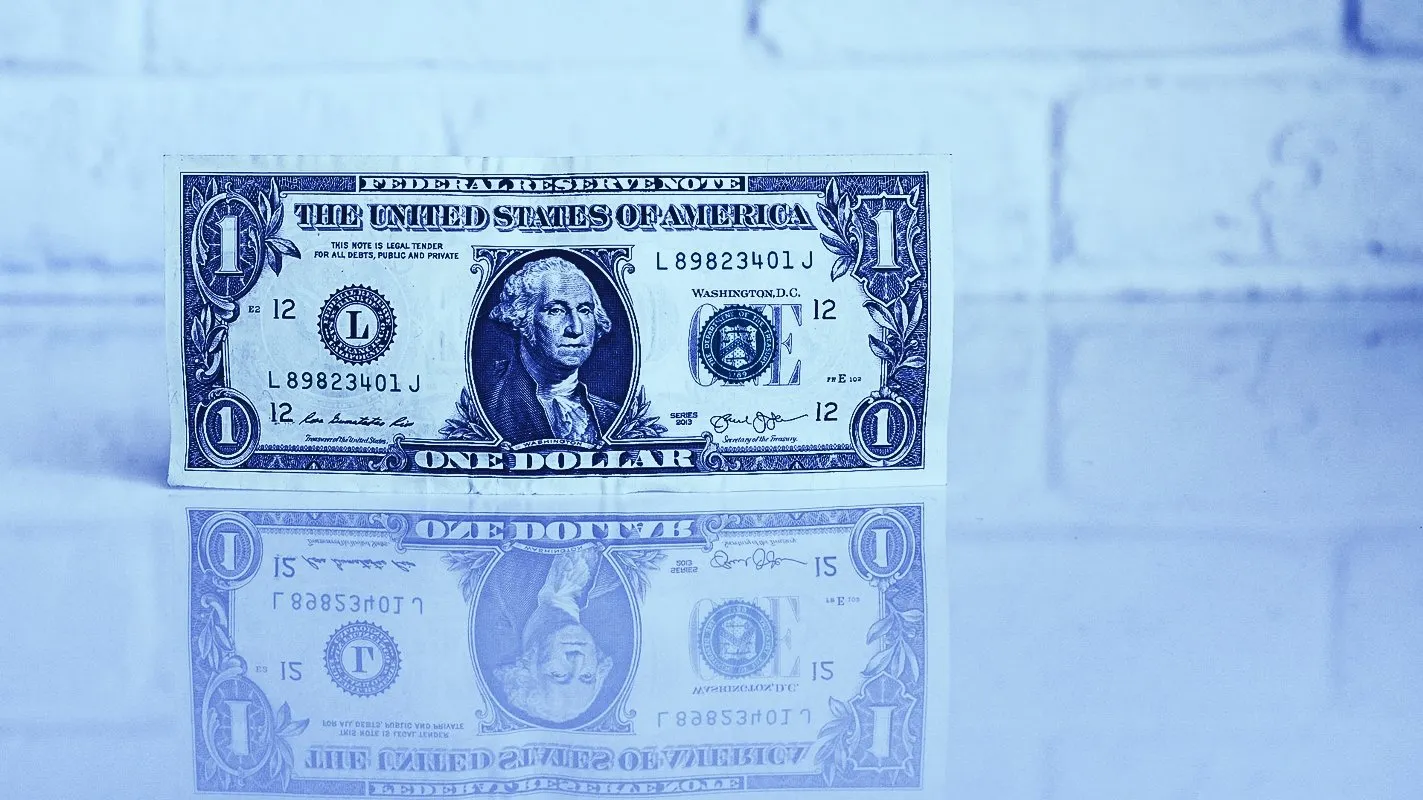Crypto exchange Bitfinex today removed fees for deposits of less than $1,000 in cryptocurrencies or stablecoins. It’ll still cost you 0.1 percent in fees to deposit fiat currencies, and there’s a $60 minimum, too.
Under the new fee schedule, Bitfinex comes in line with some of its competitors and undercuts others. Binance and Coinbase don’t charge deposit fees, but Kraken does.
The British Virgin Islands-based exchange first introduced deposit fees in December 2017 to stop large numbers of small deposits designed to spam its system and slow down its services. But, said Paolo Ardoino, CTO at Bitfinex, “as we have developed capabilities to deter and thwart deposit-related spam attacks, the small deposit fee is no longer required.”
Ardoino added, “Removing the small deposit fee opens up the Bitfinex platform to a wider group of new retail traders who are seeking to enter crypto trading but with a smaller amount of upfront capital.”
Still, those entering crypto trading might be wary of Bitfinex’s new offering. The firm’s still in the process of recovering $850 million of funds, which it claims its previous payment processor, Crypto Capital Corp., owes it.
Likewise, Bitfinex is under investigation by the New York Attorney General. The NYAG is looking into whether Bitfinex had used funds from the reserves of tether, its sister company and the issuer of the dollar-pegged stablecoin USDT, to mask the $850m financial hole left by the appropriation of Crypto Capital's accounts by law enforcement in several countries. If true, this means that Tether was fraudulently claiming that the token was one-to-one backed by the US dollar.
The fee structure is in place today—unless you’re in the US, where Bitfinex is banned.

